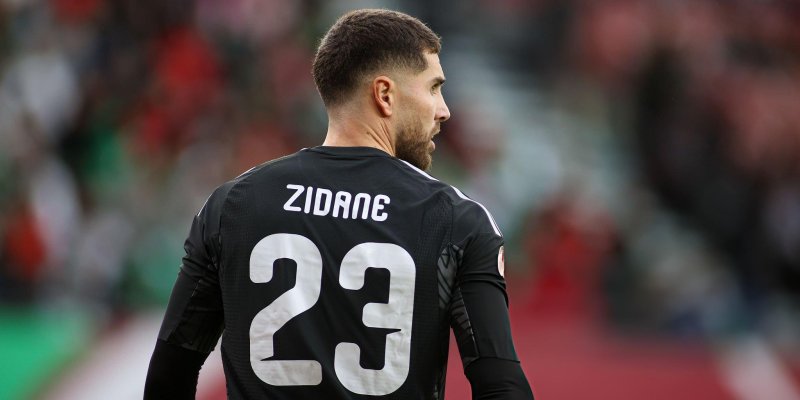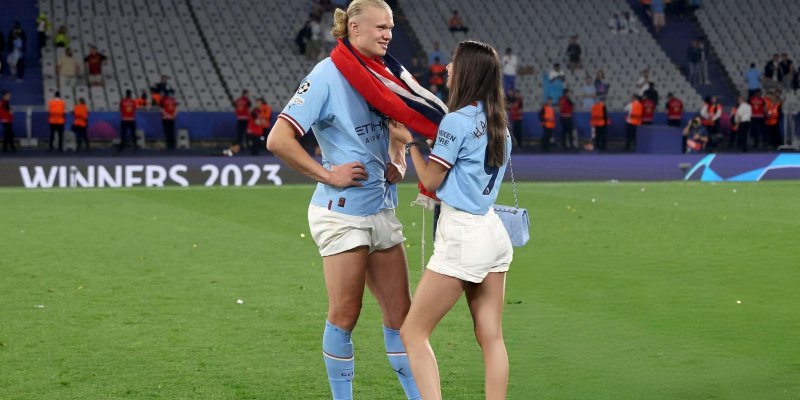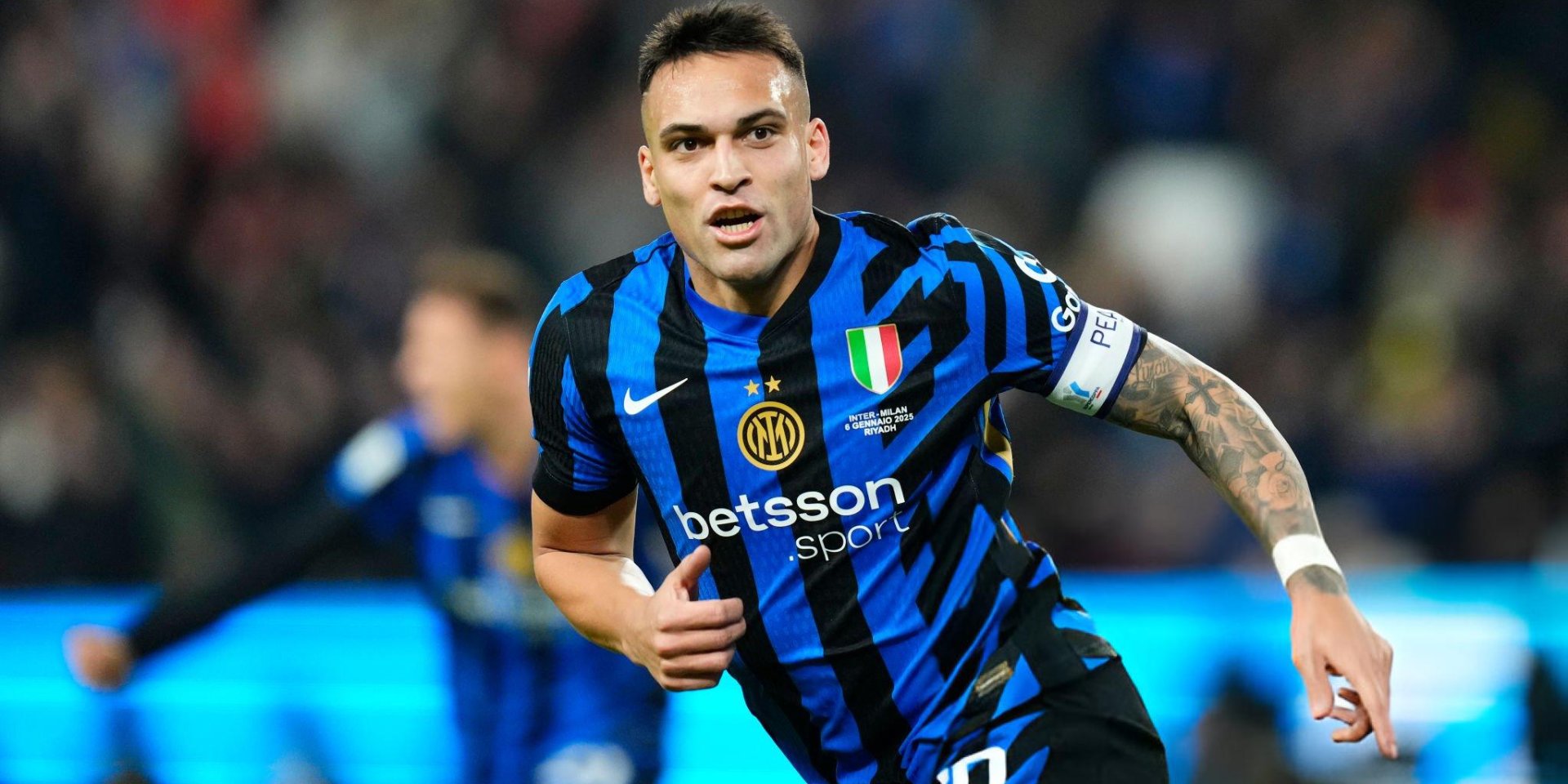
A Ban Full of Holes
Since July 2019 the formally strict “Decreto Dignità” has been in force in Italy: bookmaker emblems are prohibited on shirt fronts, pitch-side boards, LED panels and even in post-match press conferences. The law was intended as a shield against the uncontrolled growth of gambling, yet the football industry was unwilling to forfeit millions—losses for Serie A clubs were already estimated at €120 million per season. Four years later it became clear that the absolute ban exists mostly on paper.
Betsson Sport and Inter: A Partnership on the Edge of Legality
On the eve of the 2024 Champions League final, the blue-and-black shirts of Inter bore the Betsson Sport logo. The name speaks for itself: the root bet is obvious even without English knowledge, and parent company Betsson AB is one of Europe’s leading online betting and casino operators.
The contract signed in mid-2024 became a record for the Milanese side—more than €30 million annually. The Nerazzurri desperately needed a cash injection: club debt was approaching €800 million, prompting creditor Oaktree Capital to turn from bondholder into de facto owner after former president Steven Zhang defaulted on repayments. In such conditions even a few million could decide the battle with Juventus and Milan.
The official wording of the deal was vague: “an initiative to promote Italian club brands.” In practice Betsson Sport proved to be an Italian-language site with no transparent business model—a mix of Calcio news, charity announcements and empty sections. Betsson Group CEO Jesper Svensson admitted frankly: “We are good at adapting quickly to change. When regulation tightens, we find a new way.”
Legal Acrobatics: What Is the White-Label Scheme?
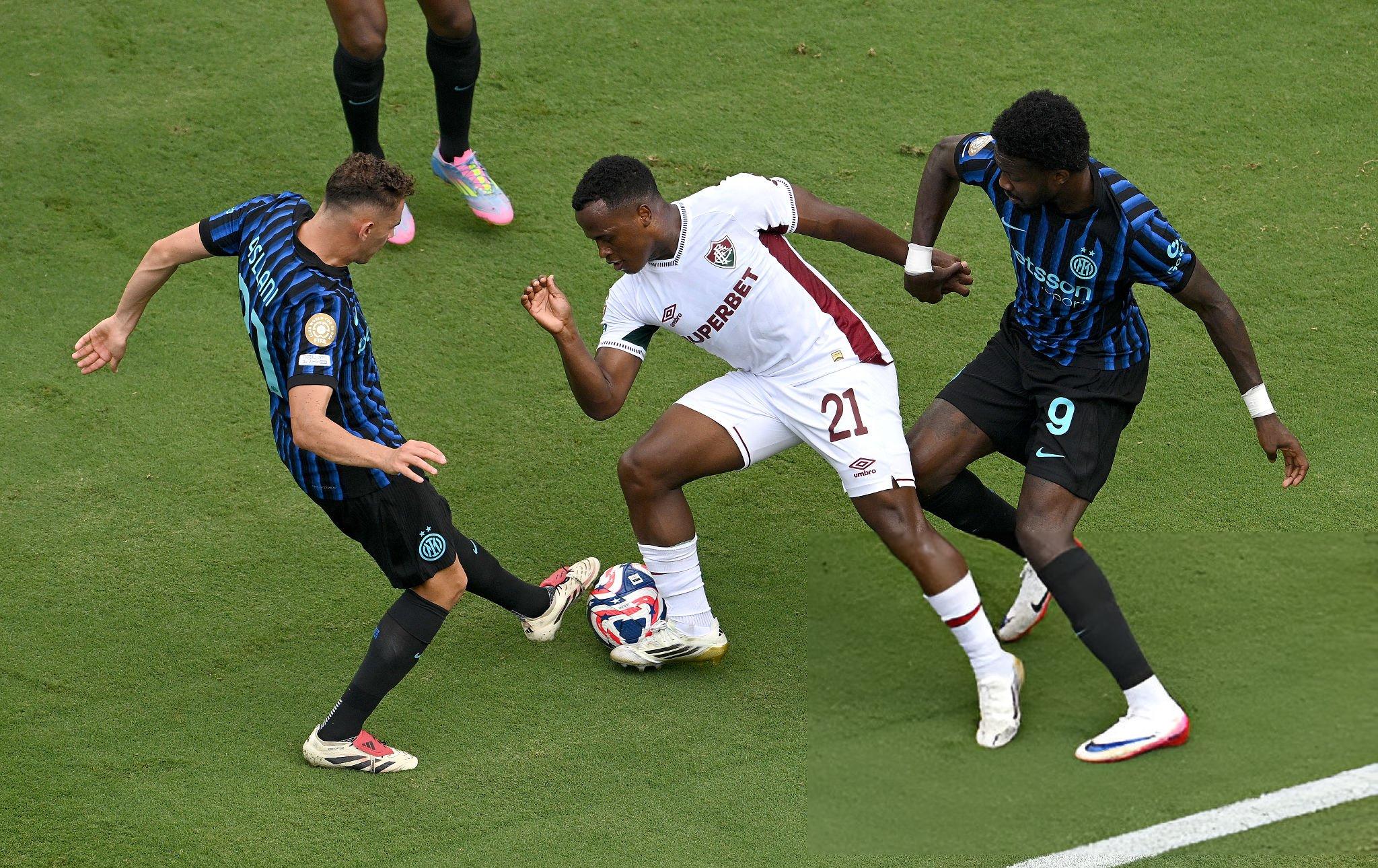
The mechanism bookmakers use to bypass the national ban has been dubbed the White Label. The idea is simple: an offshore gambling operator creates a legally clean shell (website, app, foundation) that is formally unrelated to betting and requires no local licence. Its name either almost copies the parent brand or contains an easily recognisable hint.
After gaining “media” or even “social-initiative” status, the white label places its logo on a club’s jersey for free. A fan clicks the link and, via redirect, lands on the bookmaker’s main site while geoblocks are quietly bypassed. To the authorities it is not a betting operator being advertised but an ostensibly sporting media outlet.
In Italy the model has spawned dozens of variations in just three years:
- Parma’s shirt — AdmiralBet.news;
- Lecce runs with BetItalyPlay;
- Milan sports Boomerang Bet;
- seven clubs partner with Bwin.TV, which outside the Apennines redirects straight to the classic Bwin site.
Cases Beyond Serie A: England, Spain, Belgium
Bans have long spread beyond Italy. In the Premier League, Nottingham Forest signed a deal with Kaiyun Sports—an Asian shopfront aimed at Chinese fans of English football. The UK Gambling Commission threatened the Reds with fines until the club blocked domestic access to the site.
La Liga is no less inventive: Sevilla cooperates with NAGA, a FinTech company that gently funnels users to a betting portal via an educational platform. In Belgium, Club Brugge replaced the Unibet name on its kit with U-Experts, an “analytics app” from the same owners.
Turning to Crypto: The Digitalbits Lesson
When bookmakers were squeezed, clubs looked to the lightly regulated crypto sector. Inter felt this first-hand: in 2023 Digitalbits missed a €25 million payment amid a market crash. Roma faced similar issues. The experiment proved too volatile, and contract terminations were painful. Returning to betting via a white label therefore seemed a far safer route for top clubs.
Is a Regulatory Reboot Coming?
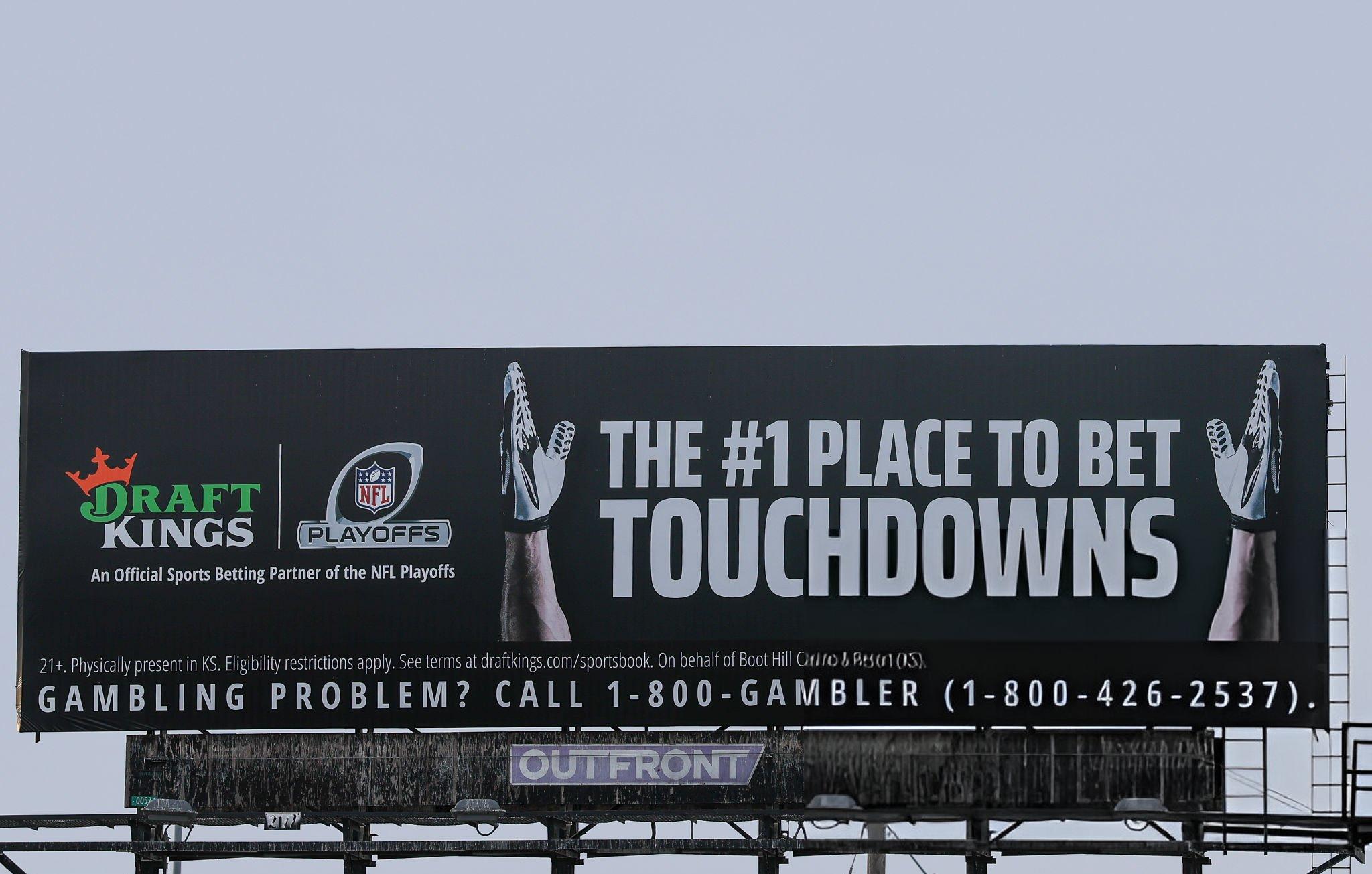
In spring 2025 the Italian Ministry of Economy tabled a bill to partially legalise gambling advertising. The key idea: clubs may strike deals only with operators holding a national licence, and part of betting tax revenue will fund stadium construction, women’s football and youth academies. Industry losses over six years are pegged at €700 million—an argument hard for officials and the federation to ignore.
Experts warn that if rules remain too strict, shadow advertising will merely change shape and money will keep flowing offshore. The Premier League also plans to limit jersey sponsors from the 2026/27 season, but without a clear mechanism against white-label partners the English market risks repeating the Italian scenario.
Ban or Regulation: Which Is More Effective?
Recent experience shows that a blanket ban does not kill demand; it simply pushes it into the grey zone, where the state loses tax revenue and fans lose basic protection. Where prohibition is replaced by civilised oversight, everyone wins—clubs secure sponsorship income, supporters gain transparent self-limitation tools and authorities receive steady revenue and leverage over the industry.
Italy now stands at a crossroads: either acknowledge the futility of outright taboo and legalise cooperation with licensed bookmakers, or watch inventive lawyers devise ever-new ways to skirt the Decree Dignità. So far the football heavyweights have proved faster than legislators in the creativity race, and Europe’s ball keeps rolling across the pitch, sheltered by the shadow of casino and tote banners.

